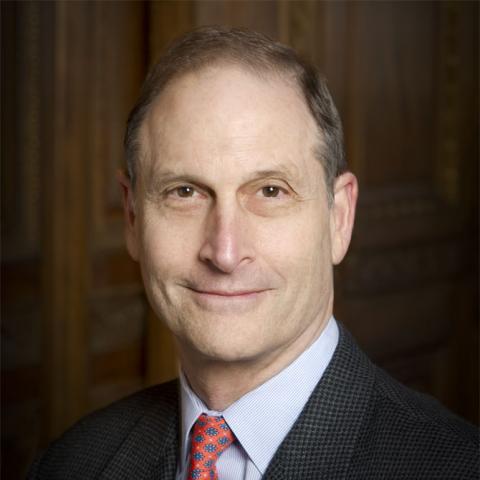Trauma changes people. It can also change nations.
In the United States, the Great Depression produced the first national social safety net, in the form of Social Security, unemployment insurance, and a raft of other programs.
In England, World War II yielded the country’s beloved National Health Service.
Will the coronavirus pandemic change us now?
The eminent economist Victor Fuchs once suggested it would take another depression or a third world war to generate the will for universal health coverage in the U.S. Should we add COVID-19 to this list of catalytic traumas?
For progressives, this result might almost compensate for the short-term suffering we are likely to see. And universal coverage would save untold millions of future lives. For conservatives, the prospect of a pandemic producing national health care likely stokes their darkest fears.
No one knows what will happen to the nation’s mood and political will. We simply don’t know how bad it will get.
Moreover, we don’t know how a nation’s collective psychology works. Did 9/11 really change everything, as many had predicted it would? After all, we’ve struggled even with garnering national support for the health care needs of first responders.
For our part, the Commonwealth Fund will be tracking the deep trends that determine the middle- and long-term effects of the pandemic. And we will be adapting our strategies for achieving expanded health coverage as well as a more effective, efficient, and equitable care delivery system.
We welcome your thoughts and predictions.
